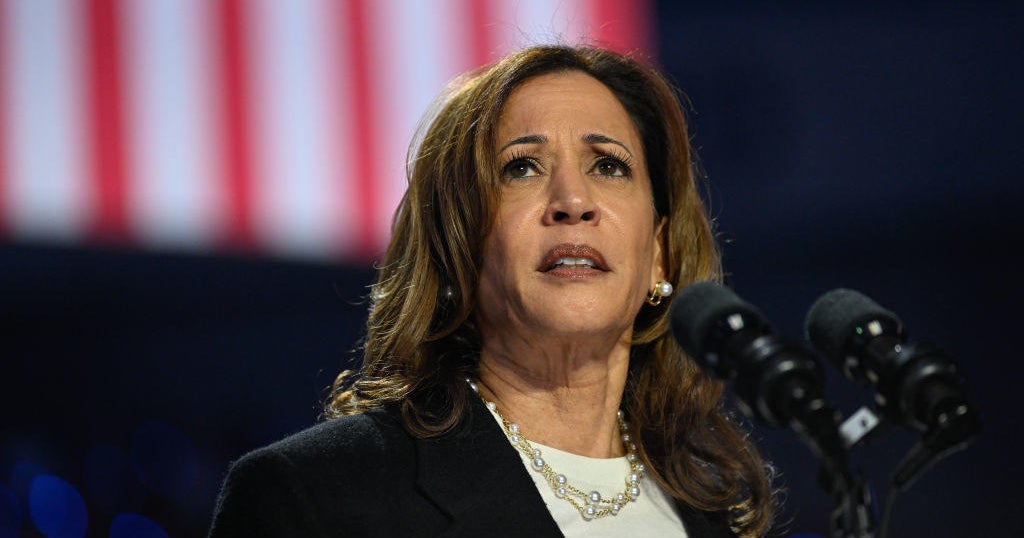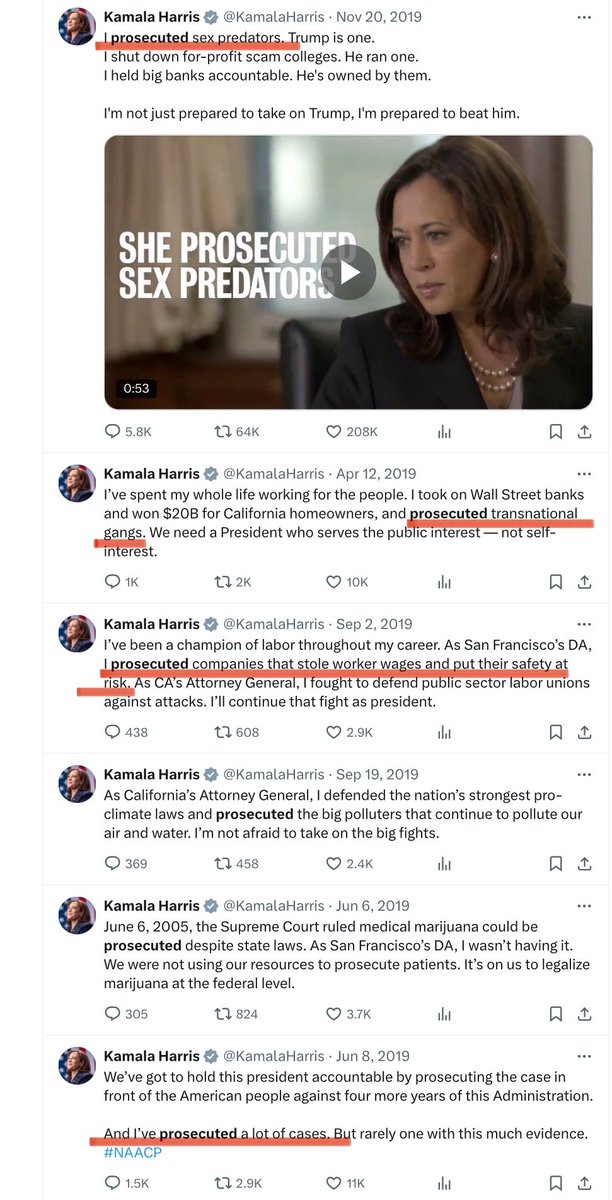The interest rate chat is important with the Fed cutting interest rates this week, and your post actually highlights the fact that the economy basically is in a no win situation.The economy as currently constructed, relying on debt-based consumption, requires constant increases in debt and money supply. That landscape benefits those who own assets as well as those who are heavily indebted and kills anyone who relies on savings. Those who earn a normal salary die a death by a thousand paper cuts as their earnings always lag behind inflation, even "benign" inflation like 2% or less. It is ultimately unsustainable because there is a limit to the amount of debt that can be taken on at any given time and at that point higher prices can not be supported.Totally disagree.
Low interest rates means lower cost of capital and deals are easier to do because you can have more flexibility in your IRR.
Inflation actually erodes buying power of those with savings.
So In this case if you have a nest egg of 5 million, but your purchasing power is reduced by 20 percent due to inflation, your 10 percent rate of return on investments in high yield savings accounts or your 401k is still insufficient to keep up.
Inflation is a wealth and savings destroyer.
For the last 50 years debt has gone up basically exponentially across households, the government and corporate sectors, facilitated by a secular decline of interest rates beginning in 1982 and culminating with 15 years of 0% interest rates by the Fed following 2008. The Fed/Government then injected another $5 trillion in stimulus following Covid and this has led to high, persistent inflation, whereas before Covid we had been seeing low, persistent inflation. This is why inflation is such a big political issue now, as the proverbial boiling frog is starting to feel the heat. The Fed raised rates to deal with this problem on the inflation side, but in doing so created a longer term problem on the debt servicing side. An economy that has a 0% rate environment at its foundation is going to struggle in a world of rates north of 5%. For example the US government just saw the interest payment on it debt pass $1 trillion, which is the largest single budget item.
On top of this we are starting to see some weakness in employment data. There is a trend of businesses reporting reduced revenues, which means there will be pressure to cut expenses. So they will spend less, which means less revenue for other businesses, and/or they will reduce labor expenditures by laying people off. These problems are not necessarily acute, but in cutting rates this week the Fed is seemingly trying to be proactive, while pretending the economy is fine.
But going back to a lower rate environment is going to mean more debt, more money creation and accelerating inflation that will ultimately require an even higher rate hike to quell, which in turn will threaten the economy even more, which in turn will require greater monetary stimulus, which in turn will create more inflation....and that cycle continues until there is a breaking point.
Even if the Fed manages to paper over the cracks for a while, it is almost a 100% certainty that we are going to have a recession that hits at some point during the next four years. The existing debt problem means we only have two real options:
1. Allow recession to destroy debt and asset prices, or
2. Prevent the destruction of asset prices by destroying the value of the dollar, creating persistently high inflation
Politicians will always choose the second option, because the prospect of home values and 401Ks declining by 50% or more means automatic defeat in elections, even if that economic carnage in the short run paves the way for long term stability and legitimate economic growth. I think that whoever wins this election will face a situation in which they will have to choose between doing the biggest economic stimulus of all time or presiding over one of the biggest crashes of all time. That is just the hand the next president is going to be dealt.
Vance actually spoke to this in his interview with Tucker a few days ago. The relevant part start about 7 minutes in. He suggested that the powers that be, having tried everything else, could use the bond market as a lever to destroy a Trump presidency through the economy. Instead of a naturally occurring recession crashing the economy, an engineered spike in interest rates would do it. The ensuing severe recession would theoretically tarnish Trump/MAGA's legacy forever in the same way Hoover's legacy was destroyed forever owing to the Great Depression starting on his watch. Vance talked about making sure that the Treasury Secretary was a person who was capable of leading the nation through crisis, despite the howling that would come from the press.
The irony is that a deep, sharp recession that cleared a lot of bad debt out of the system would go a long way to actually restoring the economy. As I mentioned before the economic carnage would be extremely painful in the short run, but there is a limit to any downturn because we all still have to feed, clothe, shelter and entertain ourselves. And all of the real world commodities, food, materials and infrastructure that goes into those things doesn't literally disappear just because the numbers on the spreadsheet don't line up right now. Ultimately prices adjust until they do line up, and the economy rearranges itself along a more sustainable plane. The faster this is done, the better it is.









